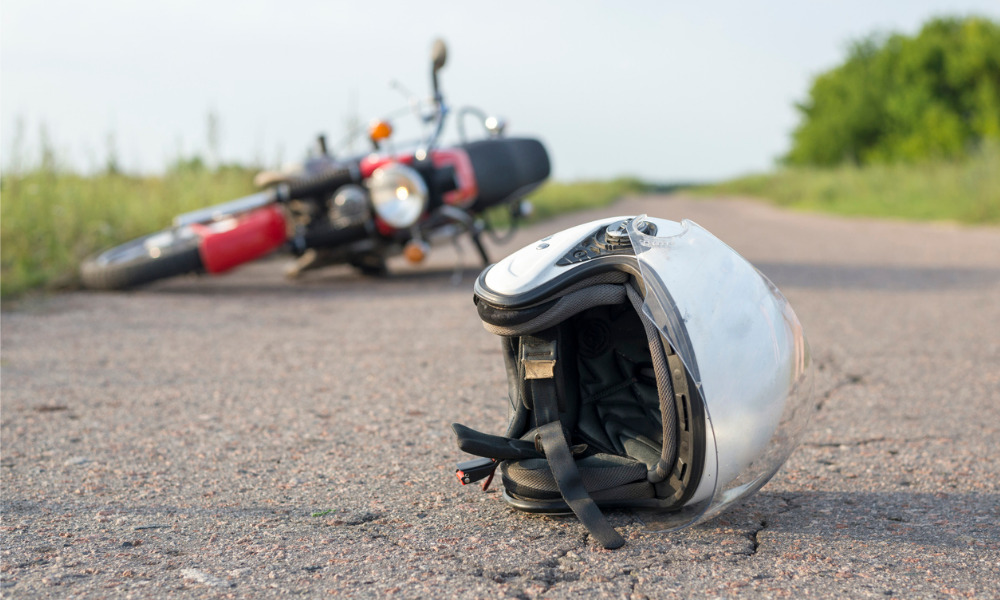Father breached standard of care, put son at unreasonable risk of harm: Court

The New Brunswick Court of Appeal has declared a father liable for injuries sustained by his son in a motorcycle accident on the basis of parental negligence.
In Edmondson et al. v. Edmondson et al., 2022 NBCA 4, the respondent decided to take along the appellant, his five-year-old son, on a ride on his motorcycle — which was not designed to carry more than one person. The father placed his son on a seat that he made himself and fastened to the motorcycle’s rear fender with suction cups. It was undisputed that the seat was unsuitable for transporting a child as a passenger and failed to comply with the requirements under s. 199(1) of New Brunswick’s Motor Vehicle Act.
The father dressed his son in plain street clothes and an adult helmet that was too big for him and strapped his son to himself, given that his son’s legs were not long enough to reach the foot pegs. Following the motorcycle’s collision with another vehicle, the son sustained fractures, severe burns, and other significant injuries.
The son brought a motion for summary judgment for liability arising from his father’s parental negligence. The motion judge found no genuine issue requiring a trial and denied the motion. The Court of Appeal of New Brunswick allowed the son’s appeal, setting aside the motion judge’s decision and awarding summary judgment in the son’s favour.
First, the appellate court found that the elements of foreseeability and proximity were both present to establish the father’s duty of care toward his son. A prima facie duty of care arose where, given the father’s relationship of proximity with his son, his carelessness could reasonably be contemplated to cause the son damage. The father would not have placed his son on the motorcycle if he had kept this duty in mind.
Second, the appellate court held that the father breached his standard of care and put his son at unreasonable risk of harm. The father was negligent, given that he placed his son on the rear seat and chose to ride a motorcycle, which presented a greater risk than an automobile. There was no evidence of any necessity or emergency that would justify the father transporting his son in the manner he chose.
Third, the father’s negligence need not be the son’s sole cause of injuries, the appellate court said. It was enough that the son established that his father’s negligence was the cause of the harm.
Fourth, in relation to proximate cause, there was nothing far-fetched about the son’s type of injuries, which was precisely of the nature typically seen with victims of motorcycle accidents, the appellate court concluded.










